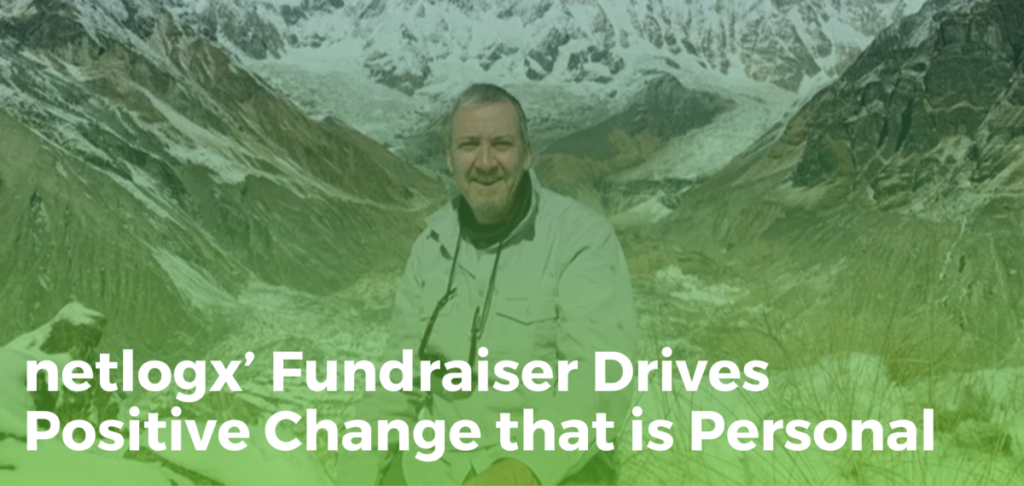Over the past two years, I’ve been on a bad trend of staying up too late into the night. I’d scroll on my phone or would spend my time worrying about whatever the next day’s tasks were. Unsurprisingly, I would feel tired, lethargic, and unmotivated the morning after. The lack of sleep was taking its toll, and I’ve recently made some positive changes to my lifestyle to improve the quality of my sleep.

Recent studies have found that adequate sleep can improve our mental wellbeing and our mood, but many people don’t realize that sleep deprivation can also be detrimental to your physical health. According to an article published in the National Library of Medicine on the effects of sleep deprivation, “new sleep deprivation studies confirm the relationship between inadequate sleep and a wide range of disorders, such as hypertension, obesity and type-2 diabetes, cardiovascular disease, impaired immune functioning, and more”.
The consequences of losing sleep extend much farther than just feeling tired or disorientated and can be detrimental to your physical health. I wanted to share some of the things I do now (or stopped doing), to drastically improve the quality of my sleep.
Limit your Internet and social media usage before bed, as scrolling on your phone can be a common cause of lack of sleep. It definitely contributed to my late nights, and it’s very easy to blow past your planned bedtime when you’re reading about the latest political scandal or news story. I started to place my phone away from my bed at night to combat this issue, and it has helped me to get to bed significantly earlier.
Avoid caffeine a few hours prior to bed. This seems obvious at first glance, but many items we don’t think about contain at least some amount of caffeine, even some green teas. Some people are more sensitive to caffeine than others, and I’ve gotten more sensitive to its effects as I’ve gotten older. I usually try to limit caffeinated beverages to late afternoon if possible.
Try meditation or focused breathing exercises prior to bedtime. I was surprised by how well this worked for me as I was a bit skeptical that some breathing could be beneficial, but it drastically helped to quell my busy mind and relax my body. I’ve found that this routine works best for me about thirty minutes before bed and I highly encourage giving it a try.
Our fast-paced world has no limit to distractions and things that demand our attention and sleep is usually the first thing we forgo. It’s vital for both our mental and physical health to give ourselves the space and opportunity for quality sleep. Through the methods listed above I’ve found that I wake up feeling refreshed each morning and am more focused and productive during the day. Although there are still nights where I’m up late, using some of the tips I’ve outlined has greatly improved my sleep, and I hope it helps yours as well.

Matt has over 10 years of experience as a professional horticulturist, with experience in management, design, and project installation, as well as plant research and production. In his previous positions, Matt worked in the field of public horticulture.



